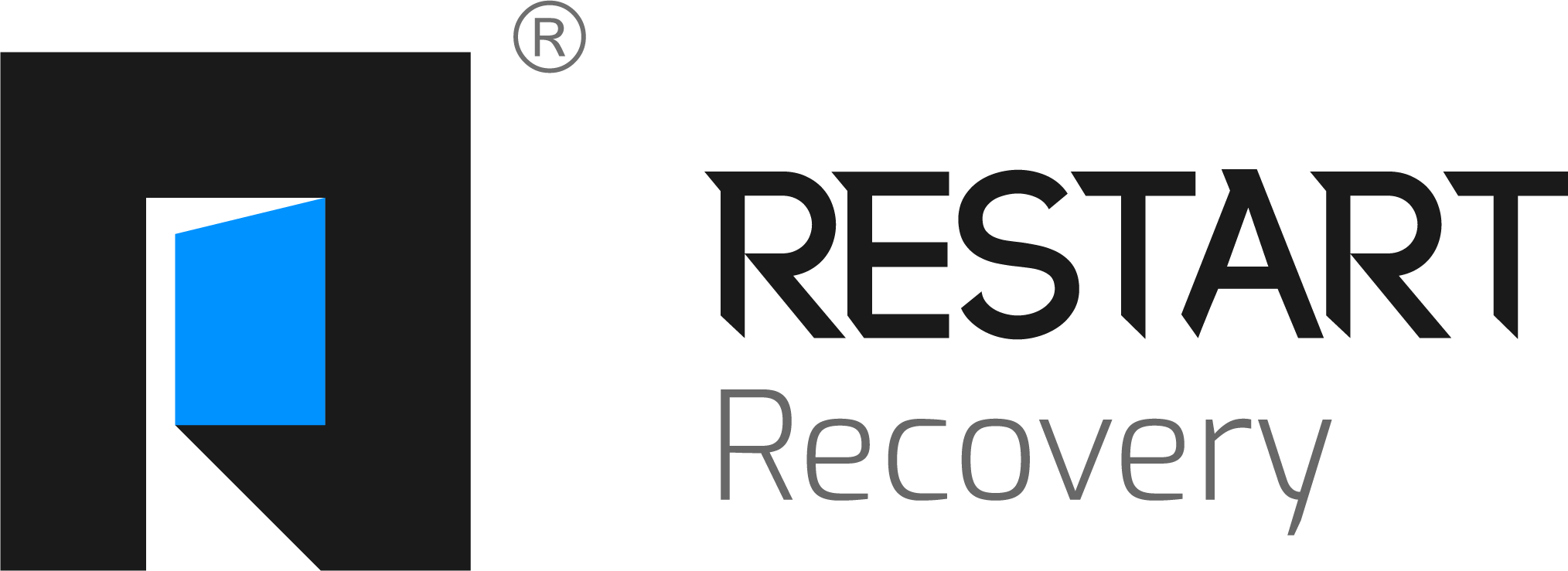Understanding Process Addiction
- Yasmin Maghsoudloo
- Apr 28, 2025
- 4 min read

Understanding Process Addiction: Types, Symptoms, and Treatment
When we think of addiction, substance abuse often comes to mind. However, process addiction, also known as behavioral addiction, is equally significant. Unlike substance addiction, which involves dependency on drugs or alcohol, process addiction refers to a compulsive engagement in certain behaviors, despite negative consequences. These behaviors are not inherently harmful, but when they become uncontrollable, they can interfere with daily life, relationships, and overall well-being.
This blog will explore the types of process addictions, their symptoms, and the treatment options available.
What is Process Addiction?
Process addiction occurs when an individual becomes compulsively involved in a behavior or activity, creating a cycle of obsession, reward, and often, guilt or shame. The behavior activates the brain's reward system in a way similar to drugs or alcohol, leading to repeated, compulsive actions despite knowing the consequences.
Many people with process addictions feel intense pleasure or relief while engaging in these behaviors, followed by remorse, guilt, or a need for the behavior to continue to avoid negative feelings.
Types of Process Addictions
There are several types of process addictions, each involving a specific behavior. Some of the most common types include:
Gambling Addiction: Gambling addiction is one of the most widely recognized behavioral addictions. People with gambling problems continuously chase the thrill of betting, often resulting in financial and emotional ruin. It is common for gambling addicts to hide their behavior, develop financial debt, or neglect other areas of their lives.
Sex and Pornography Addiction: This addiction involves compulsive engagement in sexual activities, including excessive use of pornography or seeking out sexual encounters. Like other addictions, it can disrupt personal relationships, work performance, and emotional health.
Food Addiction (Binge Eating Disorder)While everyone needs food to survive, those with food addiction struggle with compulsive overeating, even when they are not hungry. This can lead to health problems such as obesity, diabetes, and heart disease, along with emotional distress.
Shopping Addiction (Compulsive Buying Disorder)Individuals with a shopping addiction compulsively buy items, often things they do not need or cannot afford. The behavior provides a temporary high, followed by guilt or regret, leading to financial issues and strained relationships.
Internet or Gaming Addiction: This is the excessive use of the internet, social media, or video games to the point where it interferes with daily life. People addicted to gaming or the internet may isolate themselves from real-world interactions, suffer from sleep deprivation, or neglect responsibilities.
Work Addiction (Workaholism)Work addiction involves an uncontrollable need to work excessively. While society often rewards hard work, workaholism can lead to burnout, stress, and breakdowns in personal relationships.
Symptoms of Process Addiction
The symptoms of process addiction vary depending on the specific behavior, but common warning signs include:
Loss of control: Being unable to stop or limit the behavior, even when wanting to.
Preoccupation: Constantly thinking about or planning the next engagement in the behavior.
Tolerance: Needing to engage in the behavior more often or for longer periods to achieve the same level of satisfaction.
Negative Consequences: Continuing the behavior despite its impact on personal, financial, or social aspects of life.
Withdrawal Symptoms: Feeling anxious, irritable, or distressed when unable to engage in the behavior.
Treatment for Process Addiction
Process addictions can be as debilitating as substance addictions, but they are treatable. Successful treatment typically involves a combination of therapy, support groups, and lifestyle changes. Here are some of the most effective approaches:
Cognitive Behavioral Therapy (CBT) helps individuals identify and change negative thought patterns and behaviors that contribute to their addiction. It is one of the most effective therapeutic techniques for treating behavioral addictions by addressing both emotional triggers and the behaviors themselves.
12-Step Programs: Many process addictions, such as gambling and sex addiction, have their 12-step support programs, similar to Alcoholics Anonymous. These programs provide a supportive community and a structured approach to recovery.
Individual or Group Therapy: One-on-one therapy with a licensed therapist can provide personalized strategies for managing addiction. Group therapy offers peer support and the opportunity to share experiences, which can be a powerful motivator in recovery.
Medication: some cases, medication may be used to treat underlying issues like anxiety, depression, or obsessive-compulsive behaviors that contribute to the addiction.
Lifestyle Changes and Mindfulness: Introducing stress-reduction techniques such as meditation, mindfulness, and exercise can help individuals manage the urges and triggers associated with process addictions. Building healthier habits and filling the void left by the addiction is crucial to long-term recovery.
Final Thoughts
Process addictions, though less talked about than substance abuse, can be equally harmful to an individual’s mental, emotional, and physical health. Recognizing the signs and seeking help early can prevent the addiction from spiraling out of control. Whether it’s gambling, food, work, or the internet, process addictions can deeply affect one’s life, but recovery is possible with the right treatment and support.
If you or a loved one is struggling with a process addiction, don’t hesitate to reach out for help. Professional treatment, therapy, and support groups can provide the tools and resources needed to break the cycle of addiction and regain control.
Need Help? Our center offers specialized treatment for process addiction. Contact us today to learn more about our programs and how we can support your recovery journey.
By addressing process addiction with professional guidance and a solid support system, individuals can lead healthier, more fulfilling lives.





Comments